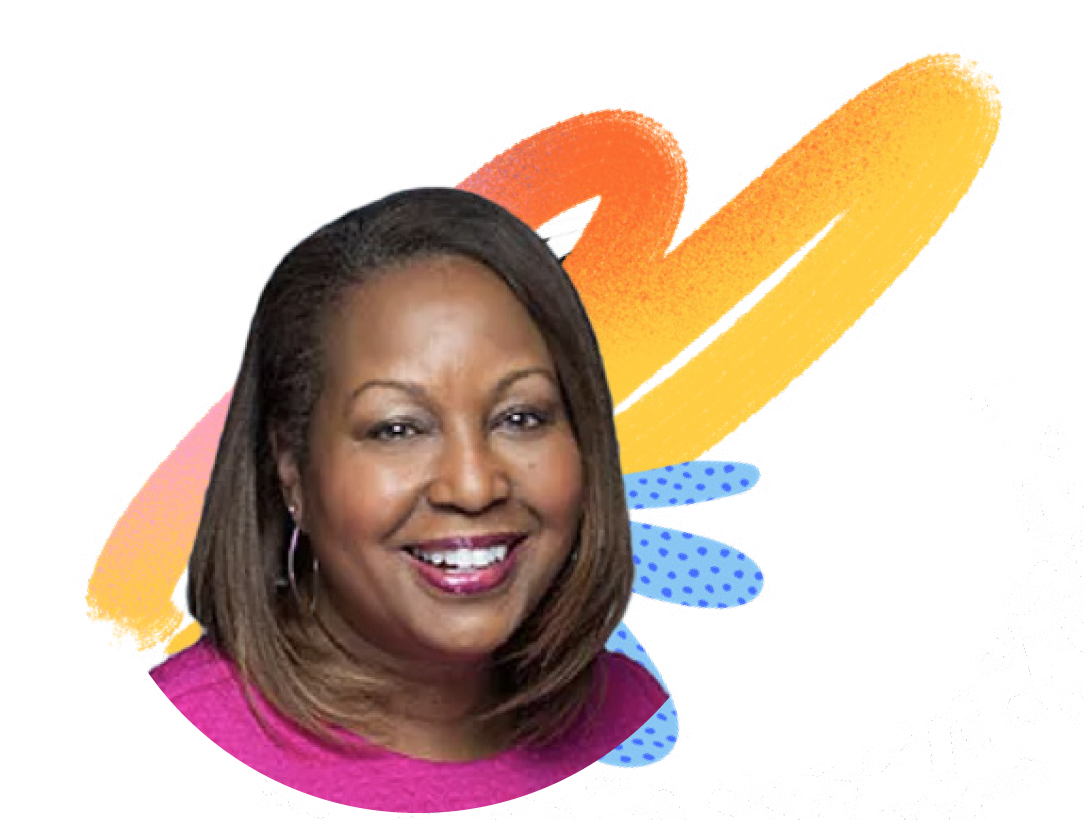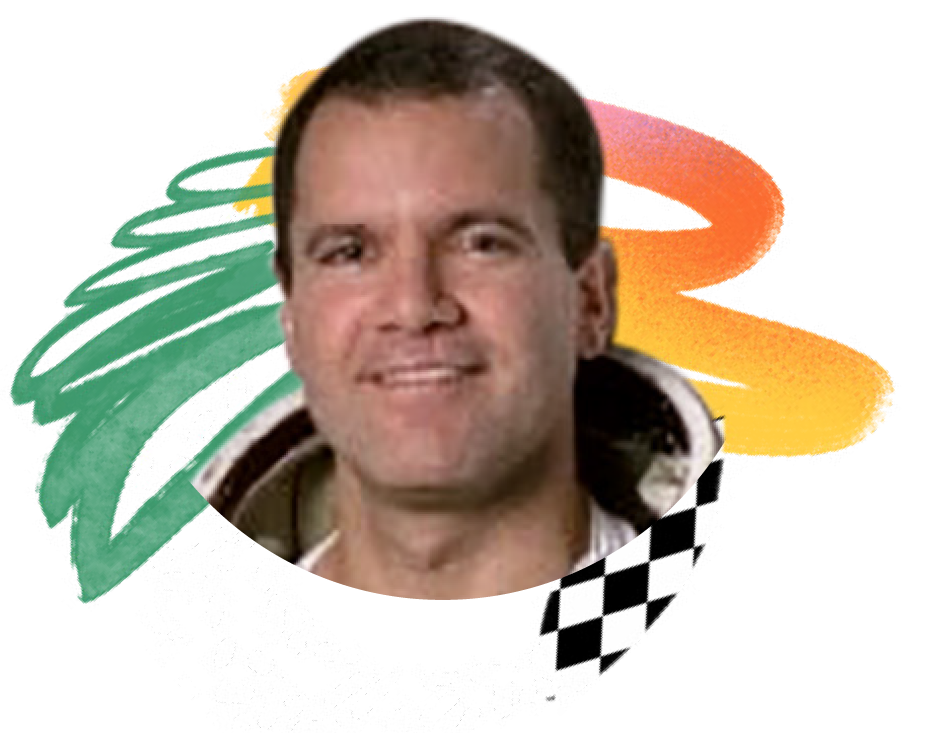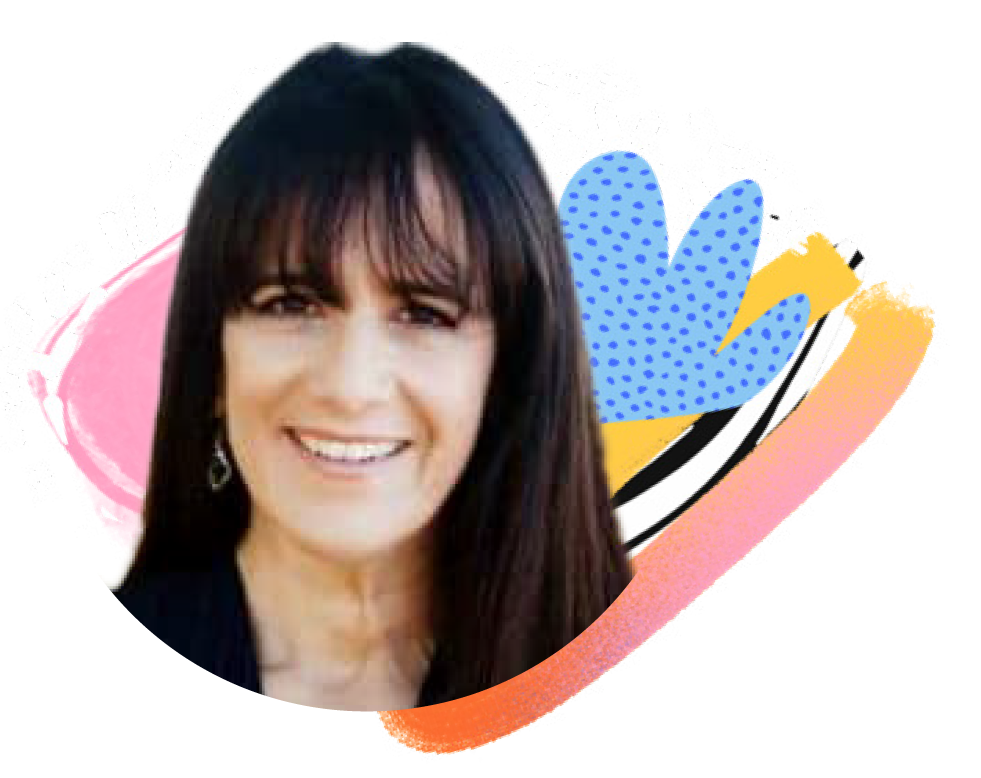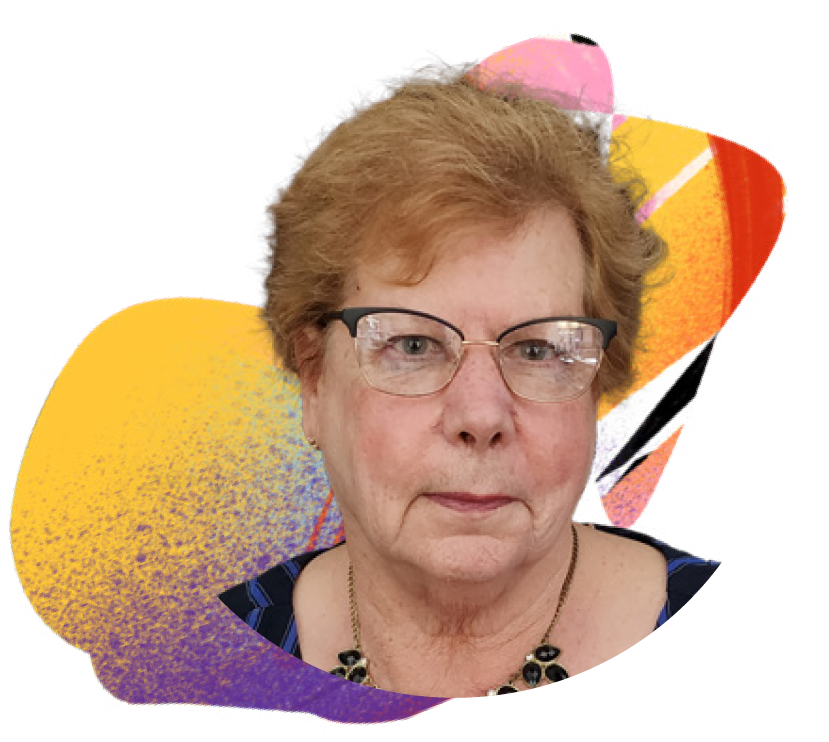
Illustrations by David Milan
We live in a culture enthralled by egoism and tales of meteoric success. But the reality is that for most of us, success is less meteor, more muscle; it’s built from discipline and training and, sometimes, straining. Along life’s journey, everyone encounters challenges that can seem insurmountable, that test our strengths or push us to our limits. Yet, these moments are also outstanding invitations to gain knowledge and achievement.
As an ancient Latin writer once quipped: “Anyone can hold the helm when the sea is calm.” It’s when life doesn’t go as planned that leadership shows up, turning obstacles into opportunities.
Certainly, that’s true of the distinguished members of Drexel’s alumni hall of fame network. The Drexel 100 — actually, 300 high-achievers — is an invitation-only group made up of less than 1% of alumni. Its membership includes two dozen executives of Fortune 500 companies, 40 CEOs, and 51 company and startup founders. They are leaders in business, law, medicine, education, government, aerospace, sports and the arts, as well as two astronauts, who have etched indelible marks on their professions. Ten of them have buildings on campus named after them. This is a crowd that knows adversity is a great teacher.
Or as Angela Dowd-Burton ’74, MBA ’79, the new Drexel 100 chairwoman and a Drexel trustee, reacted when Drexel Magazine asked her to share her favorite failure: What failure?
“When I looked at my experiences and tried to recall a failure, I couldn’t think of any,” says Dowd-Burton. “There are no failures — only lessons learned, right? As long as you’re learning from your experiences, that’s the return on the investment of your time and energy.”
Early in her career, she applied to the White House Fellows program — a prestigious pathway to enter public service. She didn’t get it. “I beat myself up over the failure to be selected,” she says. But she recalled a favorite saying of her parents: The secret of success is to never accept failure as final.
She went on to land government positions as procurement commissioner, deputy director of finance and deputy commerce director for the City of Philadelphia. She built a powerful reputation in Philadelphia and launched an award-winning career and business development consultancy. Most recently, she shepherded the 2022 release of the award-winning book, A Legacy to Share, Navigating Life’s Challenges and Celebrating Our Greatest Achievements, which chronicles the life stories of over 50 Drexel alumni. A second edition is in the works, with the proceeds going toward scholarships for Drexel students.
“If you live your life believing as a door closes a window opens,” she says of her optimistic outlook, “then it’s always, ‘What’s next?’”
As the authors of the 2022 book My Favorite Failure: How Setbacks Can Lead to Learning and Growth, Ronald A. Beghetto and Laura McBain, put it: “Failure changes how we see ourselves, how we approach the world, and how we see others.”
Four alumni we interviewed echoed those sentiments as they shared moments that challenged them, what they learned, and how they ultimately turned their fortunes around.

Regina Hampton MCP ’98 is chief of breast cancer surgery at Luminis Health Doctors Community Medical Center in Prince George’s County, Maryland, but early in her journey, she almost flunked out of medical school.
She managed to find an atypical way through her degree and now advocates for women of color facing breast cancer.
“What I learned is that I don’t have to travel the path that everyone else is traveling, and it’s OK,” says Hampton, 55, of Bowie, Maryland. She also cofounded the nonprofit organization Breast Care for Washington, which provides mammograms for women without insurance, and co-owns Cherry Blossom Intimates, a bra and prosthetics store for women of diverse skin tones who have experienced breast cancer.
During her second year at the then Medical College of Pennsylvania, the nontraditional student who worked as a radiation therapist before entering med school was struggling with biochemistry, physics and other hard-core science classes. The administration, particularly vested in its students’ success, suggested Hampton split the year into two years, allowing her to spread out the more heavy-hitting courses. She didn’t take to the idea at first.
“I felt disappointed in myself,” she says. “The way it was communicated to me was very thoughtful, so as not to make me feel like an idiot or big failure. But for me internally, I thought, you’re supposed to get this done in four years. The fact I’m not doing that, I did feel bad.”
But Hampton eventually took the offer. “The goal was for me to finish successfully and not focus on the time,” she says. “One of the professors said, ‘Whether you finish in one year, two years, five years or 10 years, you’re still going to be a doctor, and that’s all that matters.’”
At another medical school, Hampton says, she likely would have had to drop out. Now, she says she carries the lesson of a more measured approach with her as she tackles barriers to treatment and health misinformation among some of the African American women and Latinas she treats.
“I have patients who come from different backgrounds and different situations in life,” she says. “I really learned that for some patients you have to slow the process down, like I had to in medical school. It’s allowing people to go through that emotional journey to get to that treatment part.
“It’s really taught me patience,” she says of her med school experience, “and to realize that everybody does things in different ways…. Society makes us feel like we have to rush, rush, rush. Sometimes a slow walk is needed rather than a fast run.”

Over the course of his 59 years, astronaut and mechanical engineer Paul W. Richards ’87 says three failures stand out — ones that ultimately led to better outcomes for him even if he was discouraged in the moment.
Richards didn’t get into his first-choice college. But co-op at Drexel helped him pay for, and therefore complete, his education. Then early in his career at NASA’s Goddard Space Flight Center, he took a hiatus to pursue the Navy’s four-month dive school to help attain his long-time goal of becoming an astronaut. After just two weeks, he dropped out — “personally devastating,” he says. But Richards resumed leadership of a next-gen power tool NASA project that had faltered in his absence and might have failed if he had remained at dive school. The tool helped repair the Hubble Space Telescope and build the International Space Station — successes, he says, that proved pivotal to his 1996 selection as a mission specialist astronaut.
Then in 2021, Richards, retired from NASA, moved cross country with his wife to Seattle to take a promising job at a space startup. “After I showed up, it changed its business model. My relationship with the company lasted six weeks. Our moving van and pod were not even unpacked.
“I was totally floored,” he says. At that stage of his career, he had never expected to be suddenly out of work and rudderless. “But as I did with the other things in my life, I tried to look for the positive. I went into overdrive, obsessive-compulsive overdrive, to find the next thing. I always feel it’s not as important what your plan is but that you have a plan. It gives you a destination to go toward.”
Richards took a board of director position at Agile Space Industries and a job with Amazon’s Project Kuiper, an initiative to provide broadband to unserved and underserved communities. His heart, though, was set on space startups, he says. Earlier this year, a connection at the original company that didn’t work out asked Richards to help with Boston-based jet propulsion startup Accion Systems as its chief operating officer — an ideal opportunity, he says. He and his wife plan to move to Boston.
“No one is immune to failure at any stage of life,” he says. “We never know how these dominos are going to happen, and in the moment, even though I’ve always said there’s no such thing as failure, only temporary setbacks, sometimes it’s a lot harder to pull out what’s the benefit when you’re feeling the angst.
“In hindsight all these things that seemed like failures were actually just another step in the process to success,” he continues. “It’s all in how you utilize them.”

The nature of building a fashion brand, says apparel industry executive Gail Onorato ’78, is figuring out what resonates with the psyche of the customer — and that’s no easy task. “Every Monday,” she says of a career focused on building brands, including more than a decade at Ralph Lauren as president and chief merchandising officer, “you true up the decisions made in the last week. You pivot off that. So, you don’t necessarily view them as big failures or big wins.”
In fact, the failure that Onorato, 67, considers the most significant in her life is a highly personal choice she initiated in her 50s: She got divorced. “I don’t know if it’s fair to categorize divorce as failure,” she reflects. “It was definitely a huge decision and pivot in my life that changed the architecture of my future in many ways.”
The mother of two daughters in college at the time says she walked away in 2007 from a marriage of 29 years and a seemingly storybook suburban lifestyle outside Philadelphia. She then moved to New York City and started over, “becoming the truest definition of empowered” and taking on her dream job at Ralph Lauren.
“I discovered myself, I found myself, and all the potential I had,” says Onorato. In 2018, she left the company and now runs her own fashion business consultancy, Merchant Strategies, out of Los Angeles. “The decision I made was to bet on myself, my ability to make this decision and come out the other side in a better place. I learned I could be on my own. It built a level of confidence in me.”
Difficult as it was to leave her old life behind, it changed her perspective: “The biggest thing you learn about failure in your life is not to fear it. Fearing failure makes you take a different path. Once you embrace that fact, you view it as an opportunity for change. It’s not as terrifying, and it doesn’t overtake your ability to make a decision. That’s all failure is — this ability to pivot, pick yourself up, and move on to something else.”

Groundbreaker Dorothy “Dot” Buckanin ’68, MS’85, was the first woman selected to manage an engineering and test division at the FAA Technical Center in the mid-1990s. It was a career-making honor, but along the way she had to learn to manage a team of 200.
“The biggest challenge was when I went from being a technical professional, which was fun and easy, to management and working with more people,” says Buckanin, 77, and retired in Davenport, Florida. “As a mathematician one and one equals two. Guess what? When you’re working with people, one and one does not equal two. Sometimes you can make one and one equal three. Or you can have it equal minus one, when it’s not working.
“I was kind of shocked — why what I needed to happen, wouldn’t happen,” she continues of those early management days. “I always told my people, you have three steps to getting anything done in federal government. You have to have the budget and the technical expertise, but you also have to have the team working toward it. And I needed to figure out how to get the team working better.”
It took “years and years,” Buckanin says, of attending management classes, seeking advice from mentors (including “special” mentor husband Steve ’69) and networking to acquire the negotiating skills to successfully engage with NASA, the U.S. Air Force and industry organizations, each with their own goals. “Learning to negotiate, learning to see other people’s point of view, were some of the things totally technical people don’t get, normally,” she adds. “By increasing my negotiating skills, I gradually became more successful, and I used those skills to help my organization become more successful!”
Buckanin also faced another challenge: Certain members of her organization didn’t, well, appreciate a woman at the helm. “Some of them were not terribly cooperative,” she recalls. “Some of them had never had a woman manager before in a technical position. And they plain didn’t like it.” They made that clear, she says, through comments during division meetings and a practice of noncooperation. “I had one who was such a… I don’t want to use the word, but he just didn’t cooperate at all. He started rumors that were false. He was a constant challenge.”
By broadening her skills to overcome the initial failure — she prefers to call it a learning experience — she found her way. “I’ve got a little bit of a stubborn streak,” she says. “I’m going to make it through this, and that’s the way it’s going to be. I was determined…. We’re always on a continuous learning experience.”
Buckanin mastered management enough that she became the go-to person for the professional development of others in her division. “That to me, in management, was one of the greatest successes,” she says. “I was developing people.”
About the Drexel 100
The Drexel 100 began in 1992 as part of Drexel’s centennial celebration and currently consists of 298 alumni. Members are nominated by their peers and other members of the Drexel community and elected by the current Drexel 100 membership every two years.
To learn more, visit the Drexel 100.



